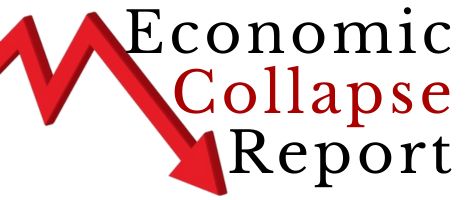- The U.S. government reported $161.5 billion in improper payments in fiscal year 2024, totaling nearly $2.8 trillion since fiscal year 2003.
- The improper payments affect multiple government agencies, including the Department of Agriculture, Defense, Education, Health and Human Services, Homeland Security, Housing and Urban Development, Labor, Treasury, Veterans Affairs and the Small Business Administration.
- Ten out of the agencies identified as having improper payments were noncompliant with the Payment Integrity Information Act of 2019 (PIIA) for fiscal year 2022.
- President Donald Trump’s administration introduced the Department of Government Efficiency (DOGE) initiative to modernize federal technology and software, with a focus on government efficiency and productivity.
- The GAO report highlights the persistent issue of government inefficiency, with challenges including legal opposition to the DOGE initiative and the need for effective oversight to address improper payments. The upcoming fiscal year 2026 President’s Budget is expected to address PIIA compliance proposals.
In a recent report, the U.S. Government Accountability Office (GAO) revealed that the U.S. government made improper payments totaling $161.5 billion in fiscal year 2024.
This staggering figure, which includes payments that should not have been made or were made in incorrect amounts, highlights a persistent problem that has cost taxpayers nearly $2.8 trillion since fiscal year 2003.
The improper payments span multiple government agencies, including the Departments of Agriculture, Defense, Education, Health and Human Services, Homeland Security, Housing and Urban Development, Labor, Treasury, Veterans Affairs and the Small Business Administration.
According to the GAO, these agencies are required to identify risks related to improper payments and take corrective actions under the Payment Integrity Information Act of 2019 (PIIA). However, the report found that 10 of these agencies were noncompliant with PIIA criteria for fiscal year 2022, marking a significant breach in regulatory compliance.
This report, released on Jan. 23, 2024, sheds light on the ongoing issue of government inefficiency. While the total improper payment figure for fiscal year 2024 is lower than the $236 billion estimated for fiscal year 2023, it remains a concern given the cumulative impact on taxpayers over the past two decades. The problem is particularly acute in the context of federal agencies, which are mandated by law to report and correct improper payments. […]
— Read More: www.naturalnews.com


